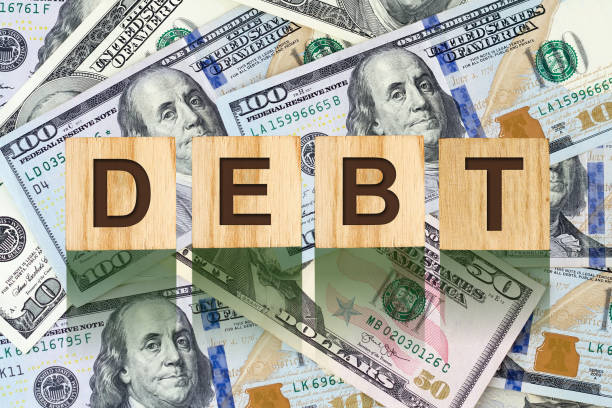Wonga The poster boy of Wonga, the mascot of the British payday lending industry, has been placed in administration due to an increase in complaints from customers seeking compensation. The reason for its demise is because of the government’s regulation to overhaul the sector of payday loans to benefit consumers.
A price limit that was put in place in 2015 by regulators from the Financial Conduct Authority (FCA) regarding high-cost, short-term loans is a sign that Wonga, as well as other lenders who offer payday loans past unresponsible lending, is finally becoming more responsible. Profits have been cut because of the cap, resulting in Wonga being forced to pay the cost of a huge amount of claims for compensation on loans made prior to the introduction of the regulation. It is possible that, because of changes being made by the FCA, other lenders with high costs will be forced to close.
The experience of payday loan applicants gives a clear idea of the importance. On one hand, some people are in dire need of cash to pay expenses. However, on the other hand the other hand, they’re also at risk of having to pay a poverty cost.
Rise of Wonga
The rise in payday loans was a result of the aftermath of the 2008 financial crisis that caused several households into economic trouble in their personal lives. Budgets of families everywhere have been squeezed because of the rising cost of living and wage cuts, with some now suffering more than before the economic downturn.
One option to make up the gap between your income and expenses is through credit. In the case of many, this involves taking advantage of bank finance that is mainstream via overdrafts, loans, and credit cards. However, there is an increasing majority of people who are not able to obtain mainstream bank loans and are not able to use the mainstream choices because of having a poor credit score or a lack of security in work.
Credit with high varieties (payday loans, mortgage-collected credits, rental-to-buy, logbook loans) is a different market for those who are excluded from the mainstream financial system. Payday loans and Wonga particularly – were extremely popular due to their convenience of applying online, as well as the speedy access to funds. However, a high rate of interest led to the majority of people paying high prices for this accessibility to credit.
A new FCA regulation has stopped some of the worst abuses. To remain competitive in the face of the new rules, payday lenders have changed their practices and created unique products. For instance, certain payday loan products come with more lengthy repayment conditions. However, this implies that the loan will be more costly overall, even though the repayments are less expensive.
People’s experiences
With Carl Packmam (then at Toynbee Hall and now in the Fair by Design campaign against the poverty rate), I conducted an extensive study of former payday loan borrowers who declared themselves “declined applicants” as a consequence of the regulations. The results we obtained were different from what the FCA’s 2017 report, which stated was the case that most of those who used to be users of cash-back loans (63 percent) are now”declined “applicants” as a consequence of the regulation “believe that they are better off as a result.” The FCA’s research found that 60 percent of “declined applicants” do not take out loans from other sources and haven’t turned to different types of high-cost credit or cash lenders.
Our conversations with people who have been denied payday loans since the law was enacted suggest an even more nuanced picture. Speaking to them face-to-face, we looked more in detail than FCA’s survey of consumers and discovered that the respondents took a variety of steps. They sought out other credit options after being denied for a variety of reasons, including applying to an alternative lender, friends, or relatives. Some attempted to stay away from borrowing, for example, using credit cards or working longer hours.
The most frequent step people would take after being denied was to borrow funds from family and friends. Another option was to try applying for different types of formal credit products. A majority of our interviewees succeeded in getting an advance loan from an extra firm after being rejected first. This suggests that certain lenders aren’t observing responsible lending or the low-cost, short-term credit regulations, in addition to the fact that “declined applicant” status was only temporary for a few. There were only four individuals who took loans from a responsible community finance institution (such as a credit union or Community Development Finance Institution), and one of them used a credit card.
This indicates that options for borrowing were more suitable to those who were rejected rather than negotiating through other methods. The reason is that the funds were needed to pay for necessities like rent and utilities. This may strengthen the argument for more affordable and better loans for those who are not able to get the payday loan.
Indeed, credit isn’t always the best solution to every issue faced by borrowers. However, we also know that a more affordable option for credit could provide a lifeline to many of us who feel they have no choice but to make use of expensive credit products. The limit on the price of loans has achieved its goal of expanding the rules regarding the kind and type of customer (and in what circumstance) who is able to manage the payday loan, with very little chance of creating negative financial results; however, there must be a larger supply of other credit options to meet the demand.



